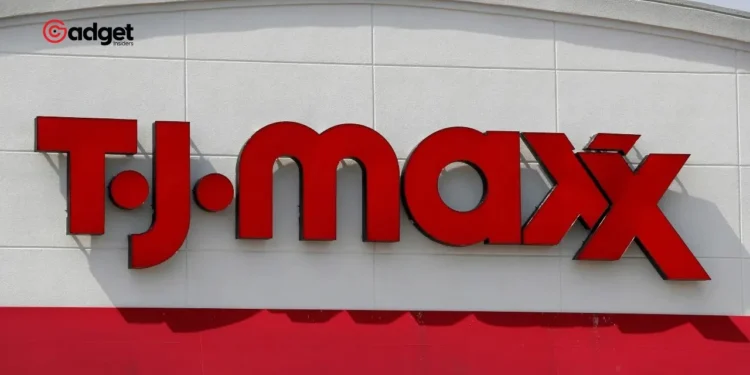In an era where traditional retail seems beleaguered by closures and bankruptcies, TJX Companies emerges as a beacon of resilience and growth. As giants like Macy’s announce the closure of over 100 stores and numerous mall-based retailers like Express and Rue 21 file for bankruptcy, the landscape of shopping has undeniably shifted.
This transition has been exacerbated by a drop in mall foot traffic, a trend attributed not just to the pandemic or online giants like Amazon, but also to a change in consumer behavior favoring less traditional shopping environments.
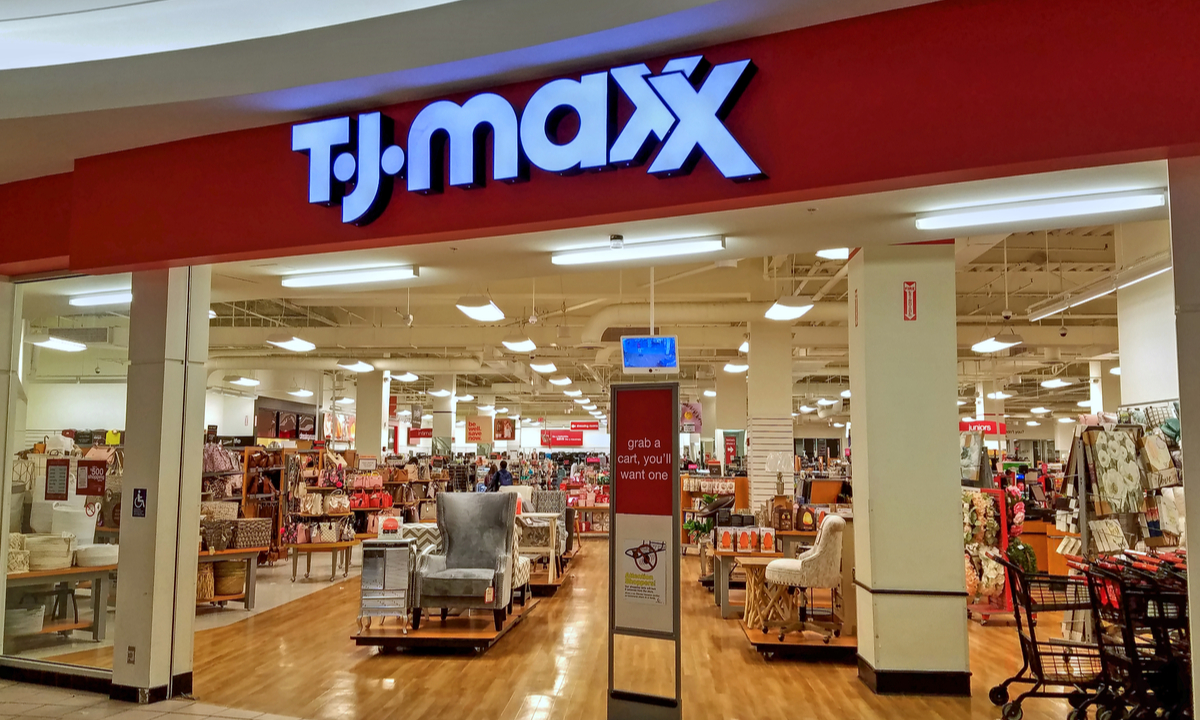
TJX: A Model of Adaptability and Growth
However, amid these turbulent waters, TJX Companies — the parent company behind Marshalls, TJ Maxx, and HomeGoods — thrives by capitalizing on a simple yet effective business model. Unlike typical retailers, TJX positions itself as an intermediary for popular brands, offering steep discounts on excess inventory and past season’s merchandise. This strategy not only attracts deal-hunters but also caters to consumers still interested in branded goods without the full price tag.
Jeff Greenberg, a retail analyst, notes, “TJX has carved a niche in an otherwise volatile market. By rotating inventory frequently and maintaining low prices, they keep the shopping experience fresh and appealing.”
This approach allows TJX to offer something unique: the thrill of the hunt, a draw for consumers looking for branded bargains in a more accessible retail format.
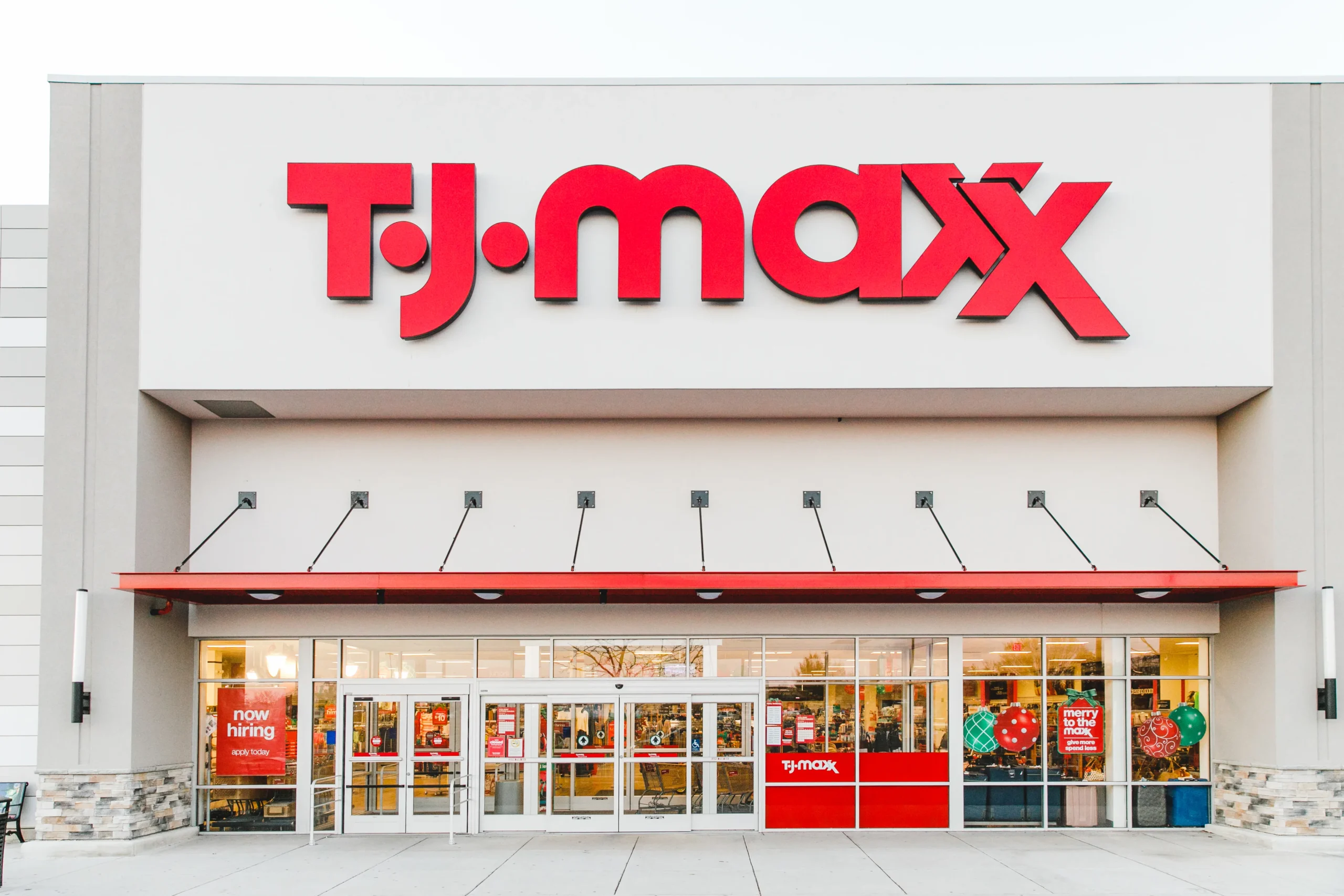
Financial Strength and Future Prospects
The company’s financials reflect its successful strategy. With a reported 6% increase in revenue year-over-year and an earnings-per-share increase of 6.34%, TJX continues to outperform expectations. The Marmaxx segment alone, combining TJ Maxx, Marshalls, and Sierra stores, saw revenues rise by 5% to $7.75 billion, while HomeGoods experienced a 6% increase to $2.08 billion.
Ernie Herrman, CEO of TJX, during the earnings call, expressed confidence in the company’s trajectory: “We saw comparable sales growth at every division entirely driven by customer transactions, which underscores the strength of our value proposition.”
Herrman’s optimism is not just for the current fiscal performance but also for the potential long-term growth, indicating plans for expanding their store footprint significantly.
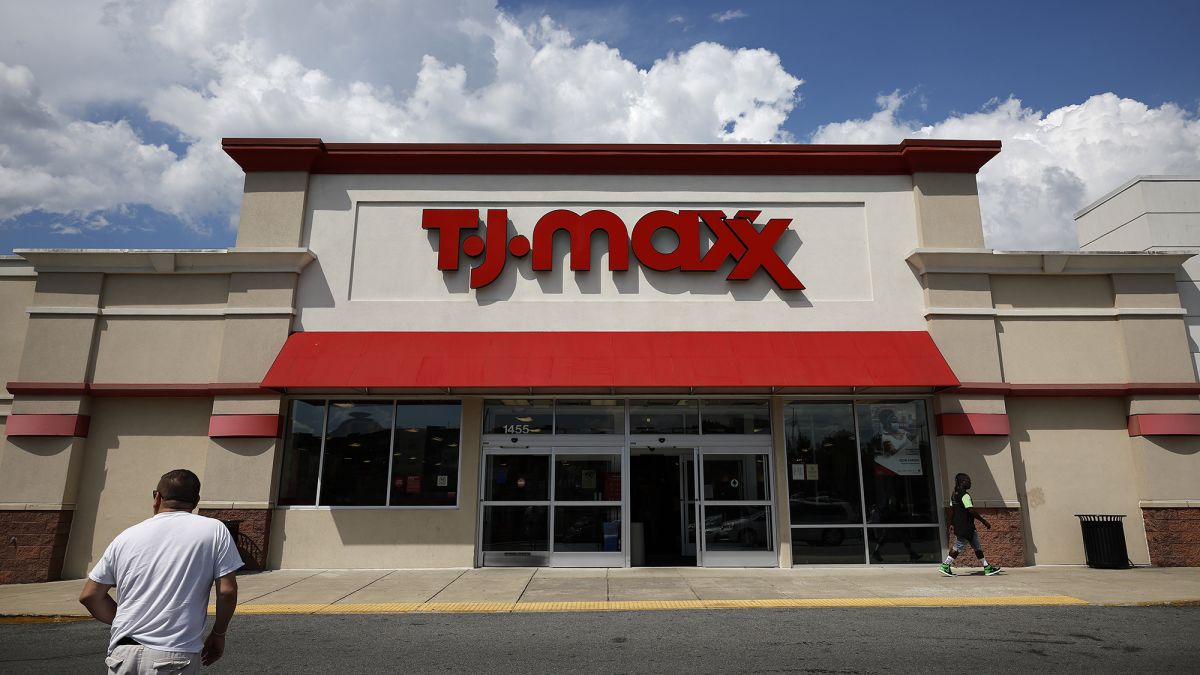
Positioned for Continued Success
As TJX plans for expansion, it seems poised to capitalize on the evolving retail landscape, where convenience and value increasingly dictate consumer preferences. With approximately 4,900 stores currently, and plans for more, TJX is not just surviving the retail apocalypse but redefining success for the industry.
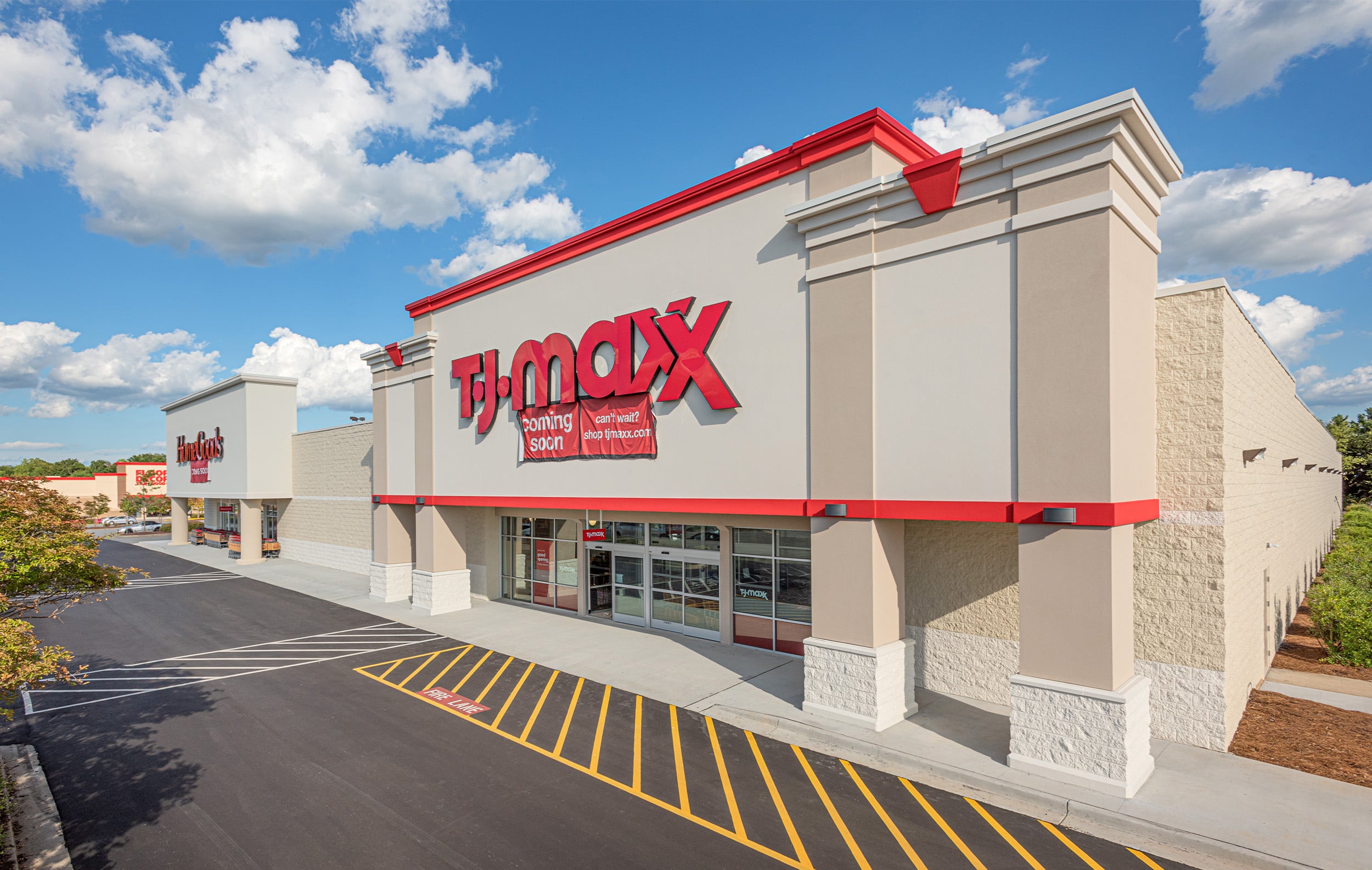
As more plazas see new openings of TJ Maxx or Marshalls, it’s clear that TJX’s strategy of adapting to consumer preferences for value and convenience is setting the stage for future growth. Herrman’s vision for the company emphasizes this point: “The second quarter is off to a good start and we see numerous opportunities for our business for the balance of the year that we plan to pursue. Longer term, we are excited about the potential we see to drive customer transactions and sales, capture additional market share, and increase the profitability of TJX.”
In a retail environment where many are struggling, TJX Companies stands out as a thriving entity, demonstrating that adaptability and a keen understanding of consumer needs are essential for success.

